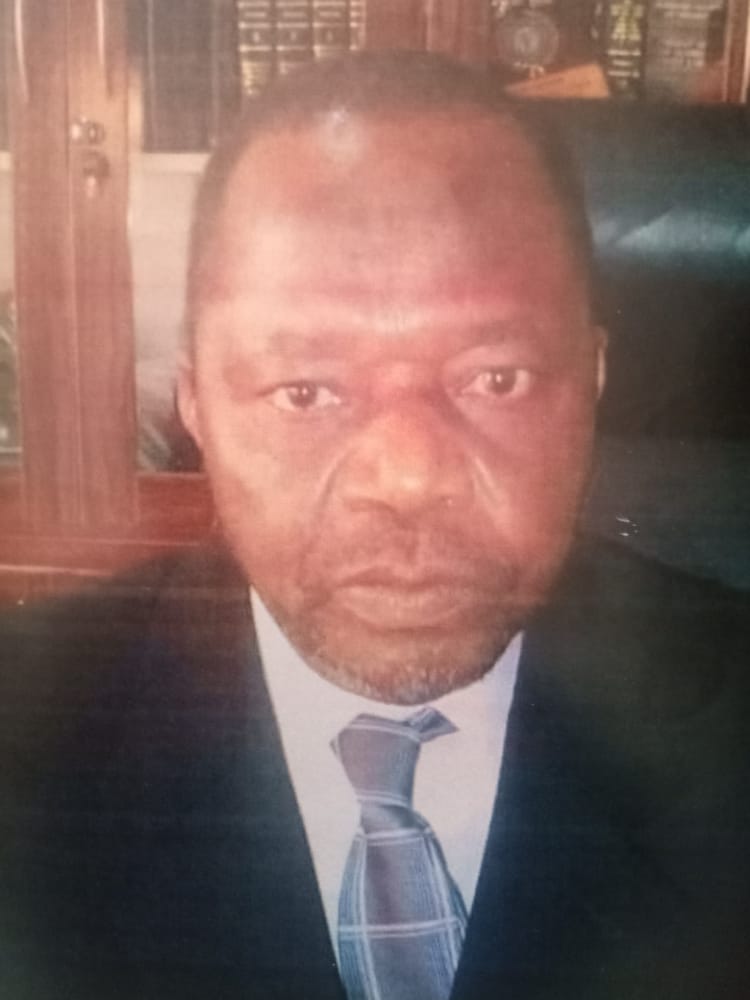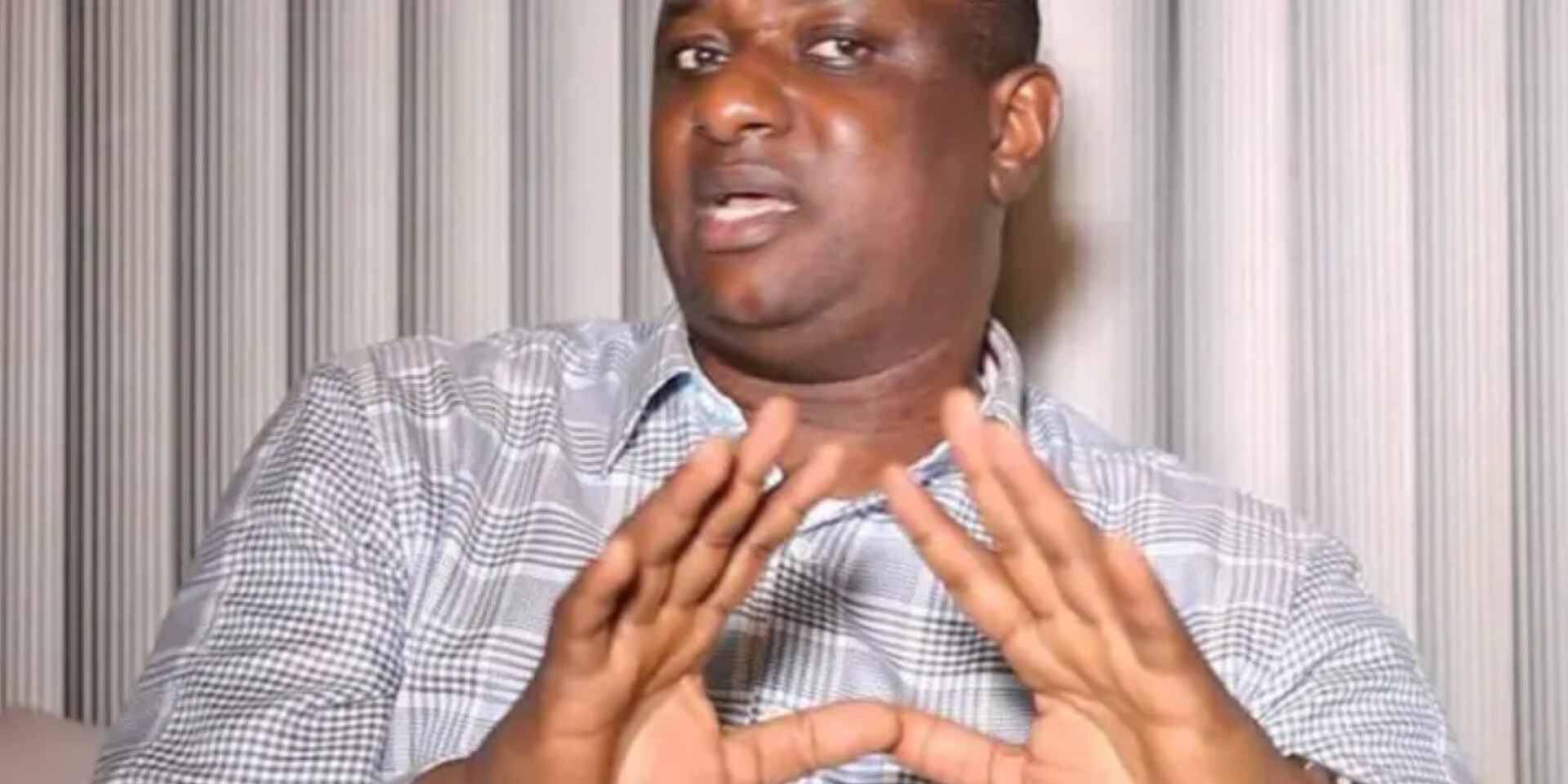By Ahmed Rufa’i, Dutse
Jigawa state chief judge, Justice Umar Maigari Sadiq has bemoaned the absence of administration of criminal justice law in courts of jurisdiction in the state.
The chief judge made the disclosure while speaking to newsmen shortly after the opening of a one day training for legal practitioners on the implementation of the administration of criminal justice law in Jigawa state.

The chief judge explained that the law is yet to be put to use in some courts in the state.
“The law took effect when the governor signed it but some of my judges heard about it, the judges have not even seen it when the said law is in operation”.
Justice Sadiq also faulted the law over lack of indexing, “sections are made. If you are looking for a section you have to go through all the law.
The CJ maintained that “The sections are left at large, not arranged according to the offences just like any other law with sections arranged and numbered according to the offenses”.
“Though it is not the duty of the judiciary to suggest necessary amendments to any law, after I went through the law, I drew the attention of the attorney general to talk to his draft people in the ministry to index the law”.
He also accused the Nigerian Police for causing delay in the speedy trials of criminal cases which is part of the implementation of the administration of criminal justice law in the state.
According to him “the law came with new innovations for which when criminal complaint is made at police station, officials of the ministry of justice are expected to be in the station to participate during the investigation, but the police don’t know that”.
He added that the laws came with innovations that will guarantee the right of a man standing trail and also speedy justice dispensation, ‘therefore the state will do everything possible to ensure its full implementation against all odds.’
He added that “When cases come to court, the court will try to find out the compliant from the initial stage it will be discovered that no body from the ministry is available to informed the court.
He therefore indicated that the state government in collaboration with other stakeholders has been doing a lot to ensure the full implementation of the new administrative system of criminal justice law in the state.
Speaking earlier the National President of the Nigerian Bar Association Mr Olumide Akpata called on State judiciaries and other public and private legal institutions to support their staffs to go for regular and continued egal training for effective legal administration in Nigeria.
Akpata maintained that effective implementation of justice administration is key to peace, stability and progress of any given society.
He therefore challenged legal practitioners keep upgrading their knowledge through regular training to enable them met up with new dimensional changes and challenges in the society.
“We lawyers what we are selling or offering to the public is knowledge, and when ever we allowed the pipeline of the knowledge to be blocked that means the end of the journey”
“So legal practitioners must always keep themselves abreast with modern techniques and innovation on global standard system of justice administration for them to survive in the system” he declared
Akpata promised to collaborate with other stakeholders to make the new befitting headquarter of NBA Dutse Branch as a center for continuous training of lawyers in the state and beyond.




